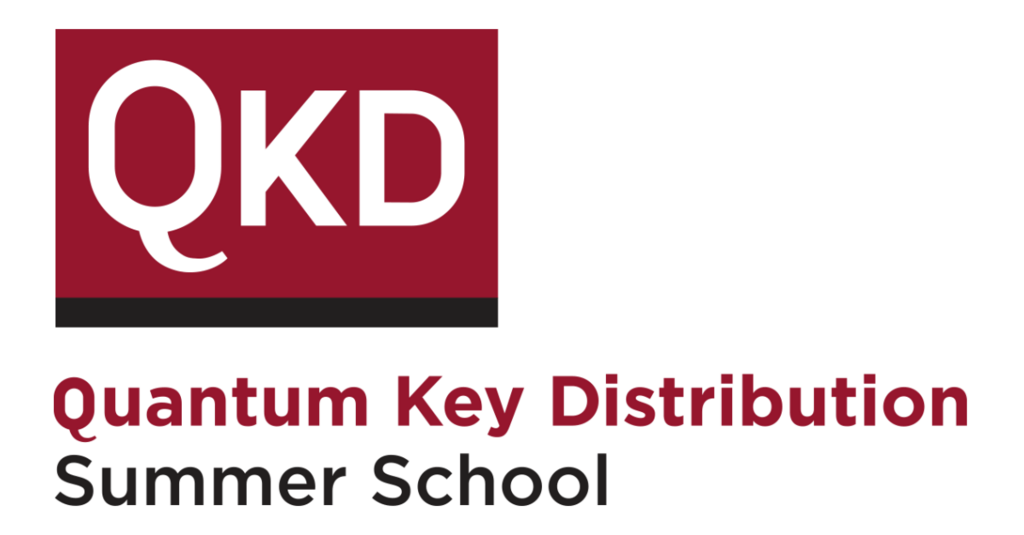Matthew McKague: Interactive proofs for BQP via self-test graph states
Matthew McKague, University of Otago, New Zealand
Is it possible to check a quantum computer's work? A quantum computation leaves behind no transcript, and for problems outside nondeterministic polynomial time (NP), it is not immediately clear whether we can verify that a quantum computation has been one correctly. Interactive proofs and self-testing offer a means of doing so.
